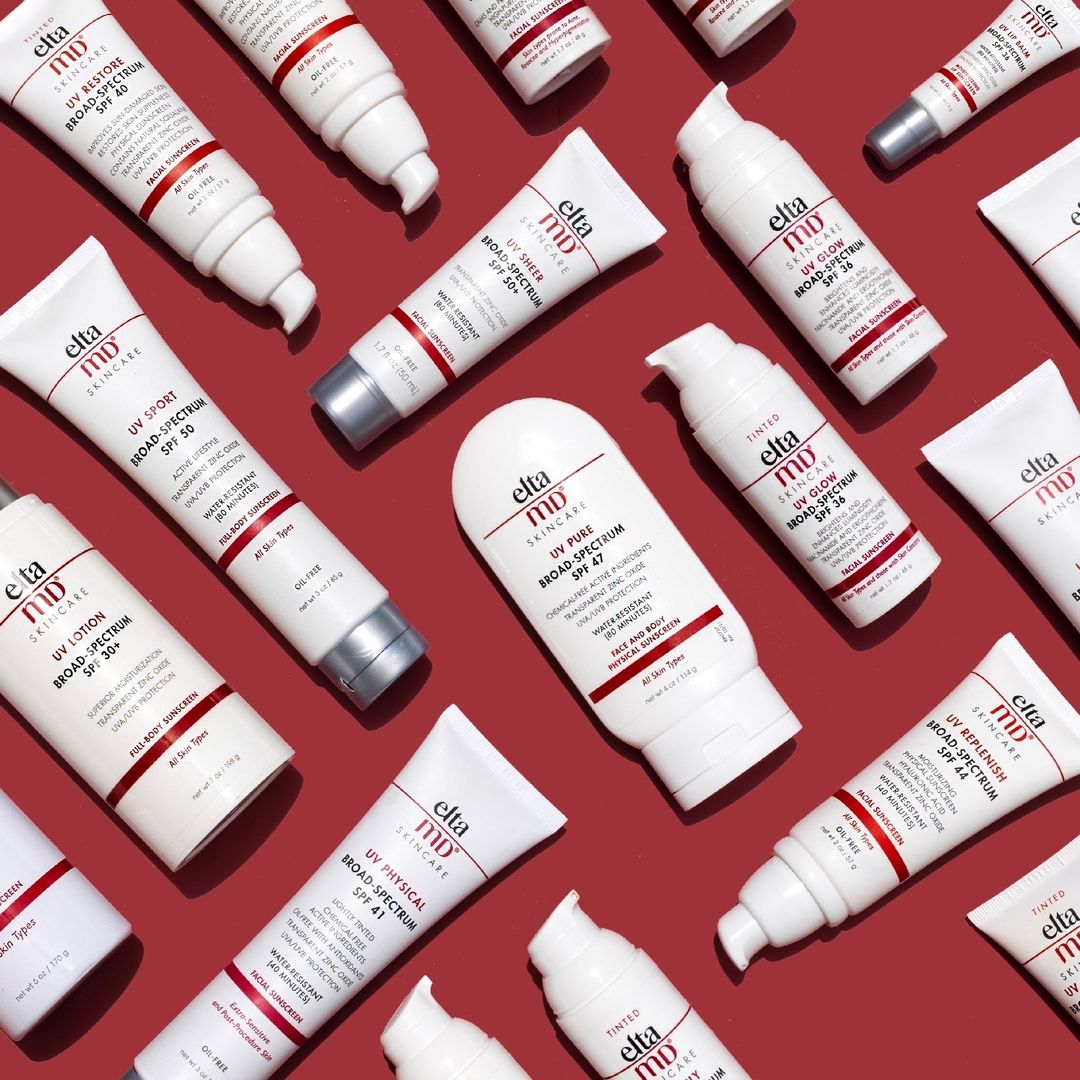As the chilly days of winter unfold, many of us bundle up in layers to brave the outdoors. However, amidst the frosty temperatures, it’s essential not to underestimate the importance of sunscreen. While summer often takes the spotlight for sun protection, safeguarding our skin during the winter months is equally crucial. Not only does sunscreen shield our skin from harmful ultraviolet (UV) rays, but selecting the right product and understanding its components remains of utmost significance. In this guide, we will explore various types of sunscreen and emphasize the importance of opting for clean, non-toxic formulations, particularly due to the potential adverse effects of chemical sunscreens on our health.
Understanding Sunscreen
Before delving into the types of sunscreen available, let’s grasp its purpose. Sunscreen is a topical product designed to shield the skin from the detrimental effects of the sun’s UV rays. These rays can cause sunburn, premature aging, and increase the risk of skin cancer. There are two primary types of UV rays reaching the Earth’s surface: UVA and UVB. While UVB rays primarily cause sunburn, UVA rays penetrate deeper into the skin, contributing to premature aging and skin damage.
Types of Sunscreen
- Chemical Sunscreens: Chemical sunscreens function by absorbing UV rays and converting them into heat. Common chemical sunscreen ingredients include avobenzone, octinoxate, and oxybenzone. Despite their ease of application and broad-spectrum protection, these chemical filters raise serious concerns about hormone disruption and environmental impact, particularly oxybenzone.
- Physical Sunscreens: Physical sunscreens, also known as mineral or natural sunscreens, contain active ingredients like zinc oxide or titanium dioxide. They create a physical barrier that reflects and scatters UV rays. Generally considered safer and less irritating for sensitive skin, physical sunscreens offer immediate protection and are less likely to cause allergic reactions.
Importance of Clean Sunscreen
While sunscreen is crucial, it is equally vital to choose a clean, non-toxic formulation, especially during the winter months. Chemical sunscreens with ingredients like oxybenzone have raised concerns due to their health and environmental impacts. Oxybenzone has been shown to penetrate the skin and enter the bloodstream, disrupting the body’s hormone balance. This can have far-reaching effects, particularly for individuals with hormone-sensitive conditions, pregnant women, and children.
Moreover, oxybenzone has been found to be harmful to coral reefs and marine ecosystems. When we engage in winter activities or spend time outdoors with sunscreen containing oxybenzone, the chemical can wash off and accumulate in water bodies, leading to environmental harm. Choosing clean sunscreen options that rely on mineral filters like zinc oxide or titanium dioxide can provide effective protection without the potential risks associated with chemical sunscreens.
These mineral filters work by sitting on top of the skin, physically blocking or scattering UV rays. They are less likely to be absorbed into the body and have been deemed safe and non-toxic. Additionally, clean sunscreens are often free from harmful additives, such as parabens, phthalates, and synthetic fragrances.
By choosing clean sunscreen, we prioritize our well-being and support eco-friendly practices, even in the winter. Look for brands that emphasize sustainable packaging, reef-safe formulations, and ethical sourcing. Taking these steps allows us to protect our skin, promote a healthier environment, and contribute to the well-being of our planet during the winter season and beyond.





